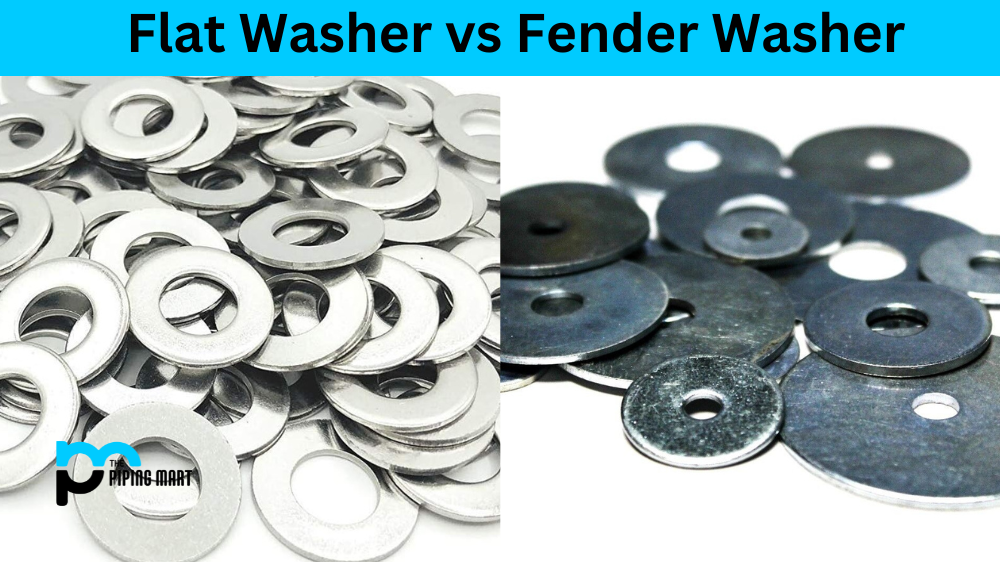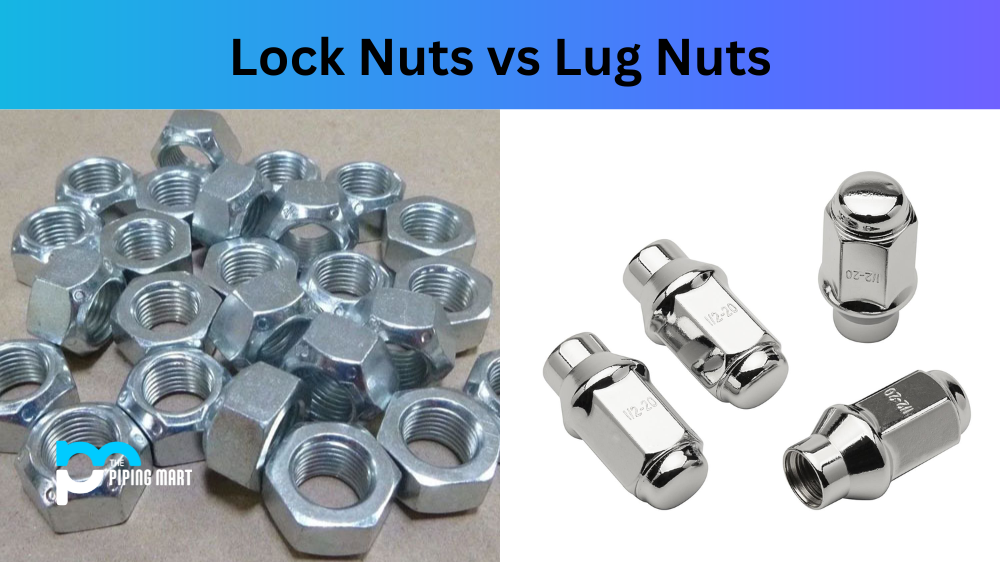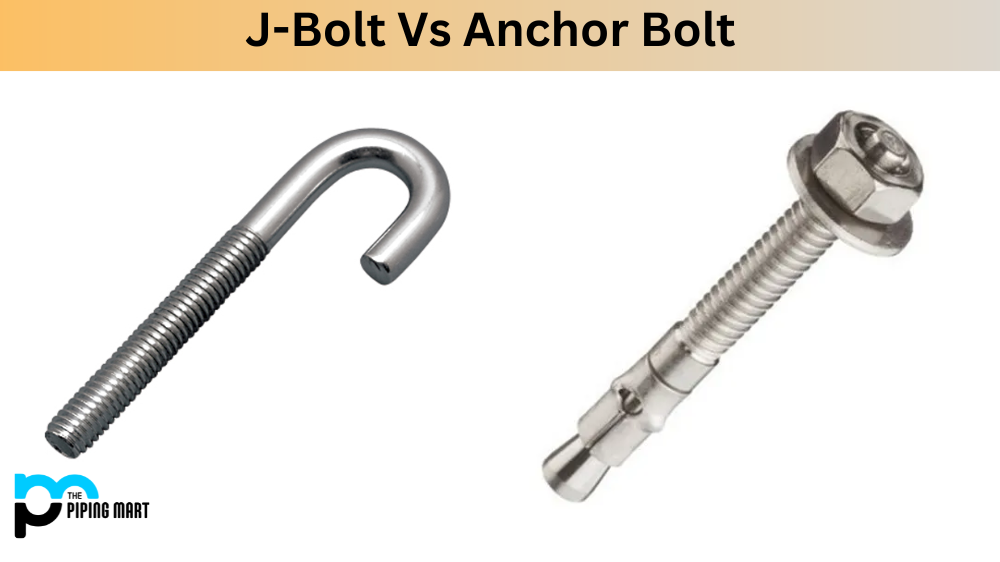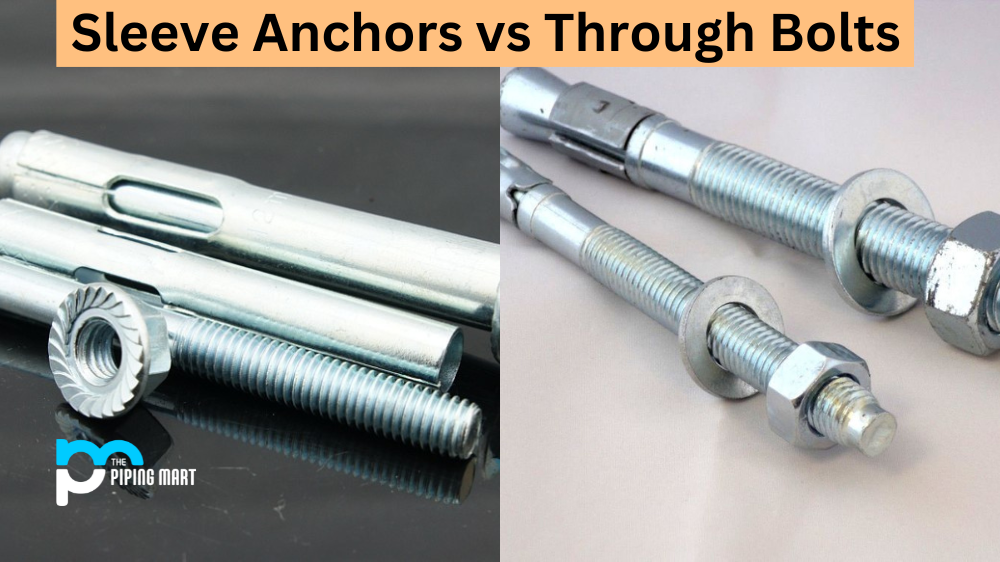You might have encountered flat and fender washers if you are working on a DIY project or a professional. Both of them look the same at a glance, but they have different applications. Knowing which one to use in the right situation is important to ensure safety and efficiency. In this blog post, we will discuss the difference between flat washers and fender washers and guide you on which one to use.
What are Flat Washers?
Flat washers are the most commonly used type of washer. They are thin, flat, round washers with a hole in the centre that fits around a bolt or screw. Flat washers help to distribute the load evenly over a larger surface area. Flat washers can be made of various materials, including steel, aluminium, and plastic. They are typically used in applications where the full size of the washer is larger than the bolt or screw.
What are Fender Washers?
Fender washers, also known as repair washers, have a larger outside diameter than flat washers. They are thicker and have a smaller hole in the centre. Fender washers are mainly used in automotive, marine, and construction applications. They create a larger bearing surface, preventing the bolt or screw from pulling through the fastened material. Fender washers are commonly used where the bolt or screw is under a heavy load, and the fastener surface is thin or brittle.
Difference Between Flat Washer and Fender Washer
Which One to Use
Whether to use a flat washer or a fender washer depends on the application. If you’re working in an area where the surface being fastened is thin or brittle, using a fender washer is best because it provides a larger bearing surface and prevents the fastener from pulling through. Suppose you’re working on other applications such as in construction, machine, equipment, or any other DIY projects involving bolts, screws, or nuts, where there is no brittle surface. You can use flat washers to distribute the load evenly in that case.
Bolt Sizing and Washer Diameter
It’s important to note that both flat and fender washers are available in various sizes. When selecting washers, always choose the appropriate size based on the diameter of the bolt or screw. It’s also necessary to use the properly sized washer for the job. Using the incorrect washer size can lead to problems such as loosening, damage, or falling off.
Material Selection
Both flat and fender washers can be made from a variety of materials. The material selection depends mainly on the application and environment. If you’re working on a beach or coastal area, use stainless steel or brass washers, which are more corrosion-resistant. In industrial applications, steel or hardened steel is recommended for durability.
Conclusion
In conclusion, flat and fender washers may look similar but have different applications. They should be used appropriately based on the application, bolt size, and fastened material. Choosing the appropriate washer size and material is essential for the strength and reliability of the connection. This blog post helped you choose the proper washer for your project. Always use the right equipment for the job to ensure safety and efficiency.

Hey, I’m Krutik, a casual blogger expert in the metal industry. I am passionate about providing valuable information to my readers. With a background in engineering and construction, I like playing Cricket & watching Netflix shows in my free time. Thank you for visiting my blog, and I hope you find my information helpful!




